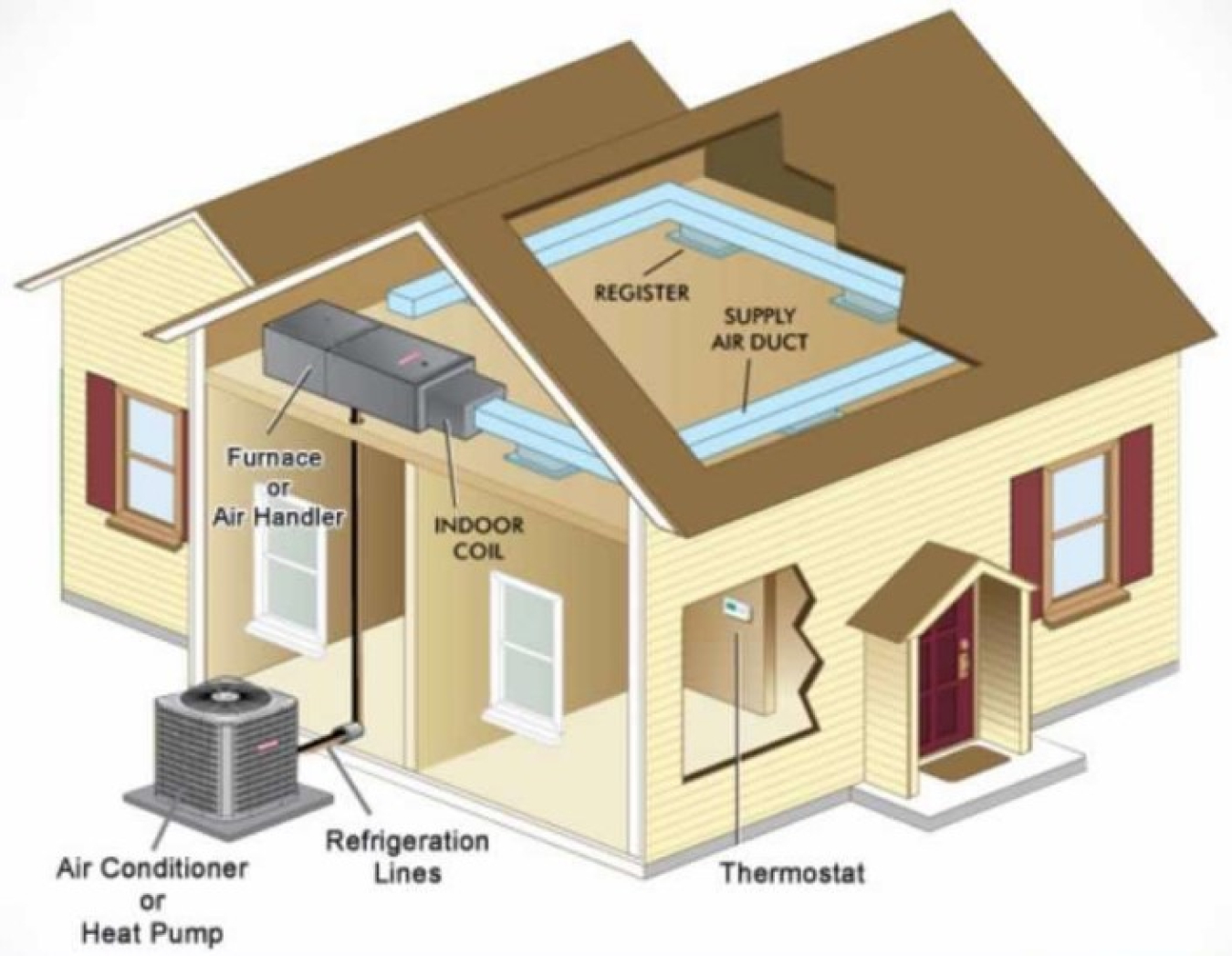Building America Team: The University of Alabama
Partners: Clemson University, Drexel University, Pacific Northwest National Laboratory, Southern Company, and Ingersoll Rand/Trane

Despite wide adoption of building automation systems in commercial buildings, there is a lack of integrated control systems to proactively and adaptively consider characteristics and real-time performance of residential buildings and HVAC systems. Residential buildings are typically equipped with very few thermostats and no other indoor environment monitoring capabilities. Although internet of things (IoT) technologies enable easy-to-use remote set point control via Wi-Fi, occupants often struggle with knowing the right set point to achieve their comfort while saving energy. The development of smart home technologies and low-cost sensing technologies presents a great opportunity to develop an IoT-based comfort control system that can provide an integrated comfort and efficiency control and automated fault diagnostics.
Researchers are developing a new residential comfort control system that will leverage low-cost sensors, Internet-of-Things-enabled devices, data analytics, and advanced controls to provide integrated comfort and efficiency control and automated fault diagnostics.
Through this research, the University of Alabama team will develop a system that will integrate low-cost sensors, IoT-enabled devices, data analytics, and advanced controls for residential buildings. The main project goals are to:
- Develop a low-cost wireless distributed sensor system that includes temperature, humidity, airflow sensors, and a Raspberry Pi-based local hub that interfaces with the cloud and IoT-enabled devices.
- Develop and validate automated fault detection and diagnostic (AFDD) strategies for HVAC systems, utilizing the distributed and low-cost sensor system.
- Develop and validate a smart home energy management system to optimize the building operation for balanced energy efficiency and occupant comfort using adaptive model-based controls.
- Validate the performance of the developed technology (hardware and software) by testing a prototype in the Pacific Northwest National Laboratory Lab Homes.
- Develop strategies, based on market studies, to seamlessly transfer the developed technologies to stakeholders.
